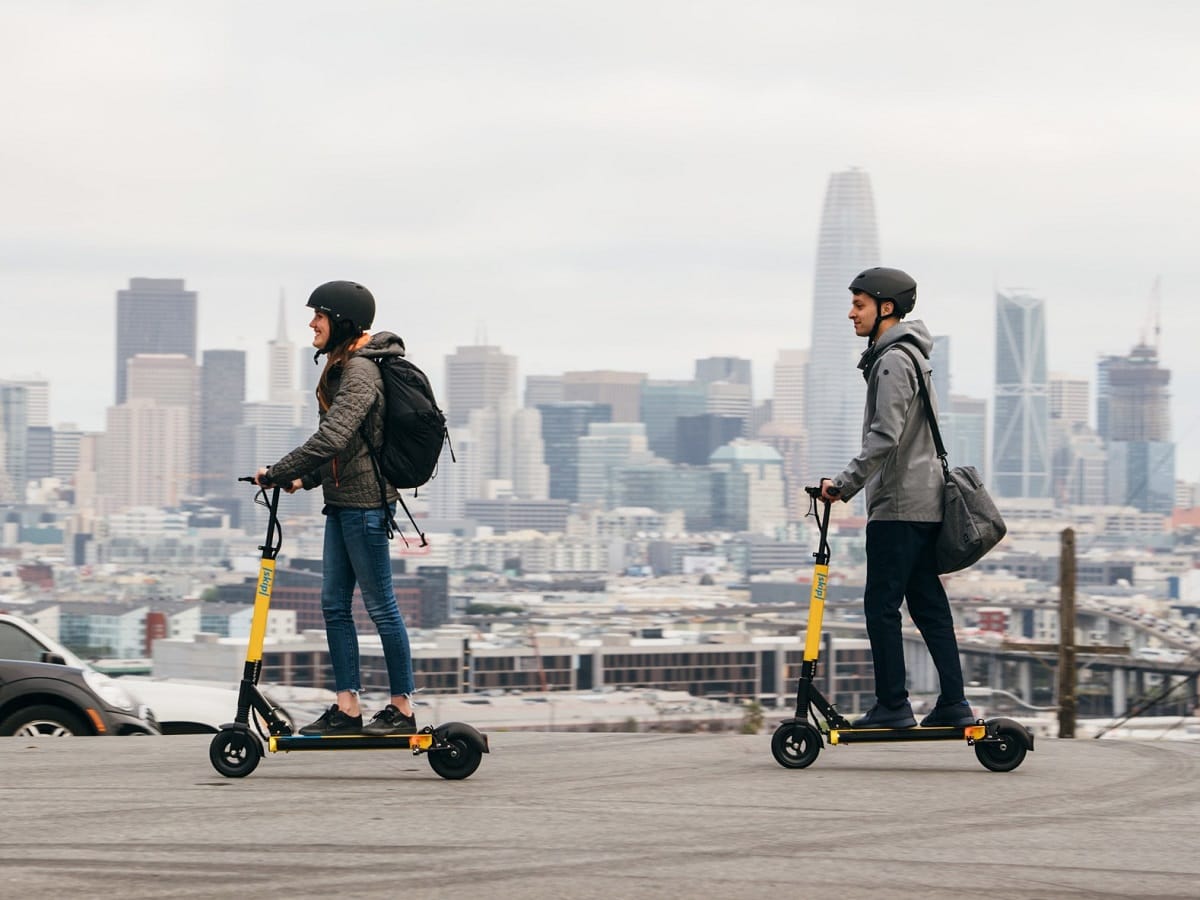Advocates for Cities Say They Are More in Touch with the Privacy Views of Americans Than the Federal Government
WASHINGTON, January 30, 2020 – Even though broadband is often considered a part of interstate commerce, city leaders need to take gaps in the law into their own hands by legislating on broadband topics, said panelists at a session on cities and states at the State of the Net conference on Tuesday. P










Member discussion